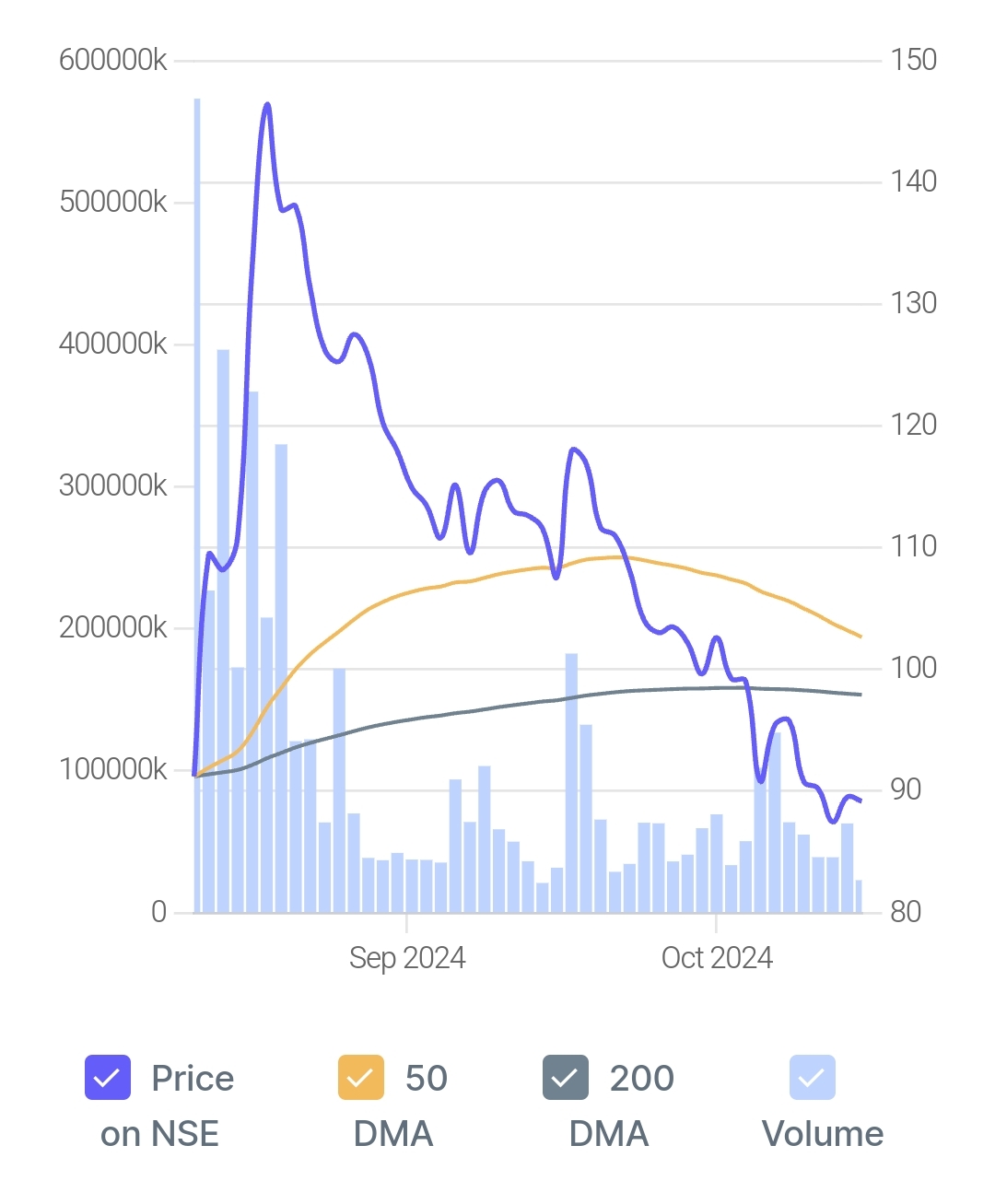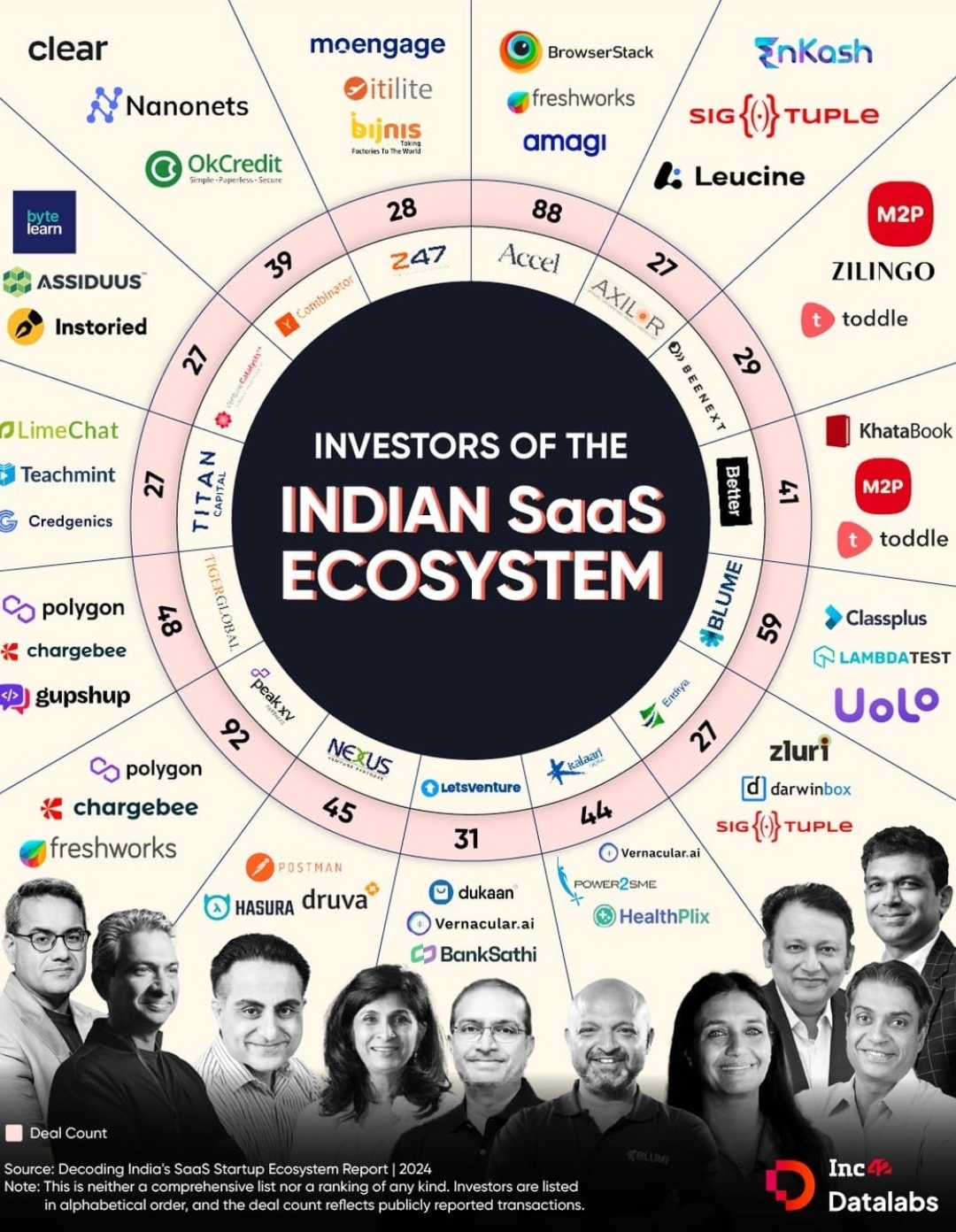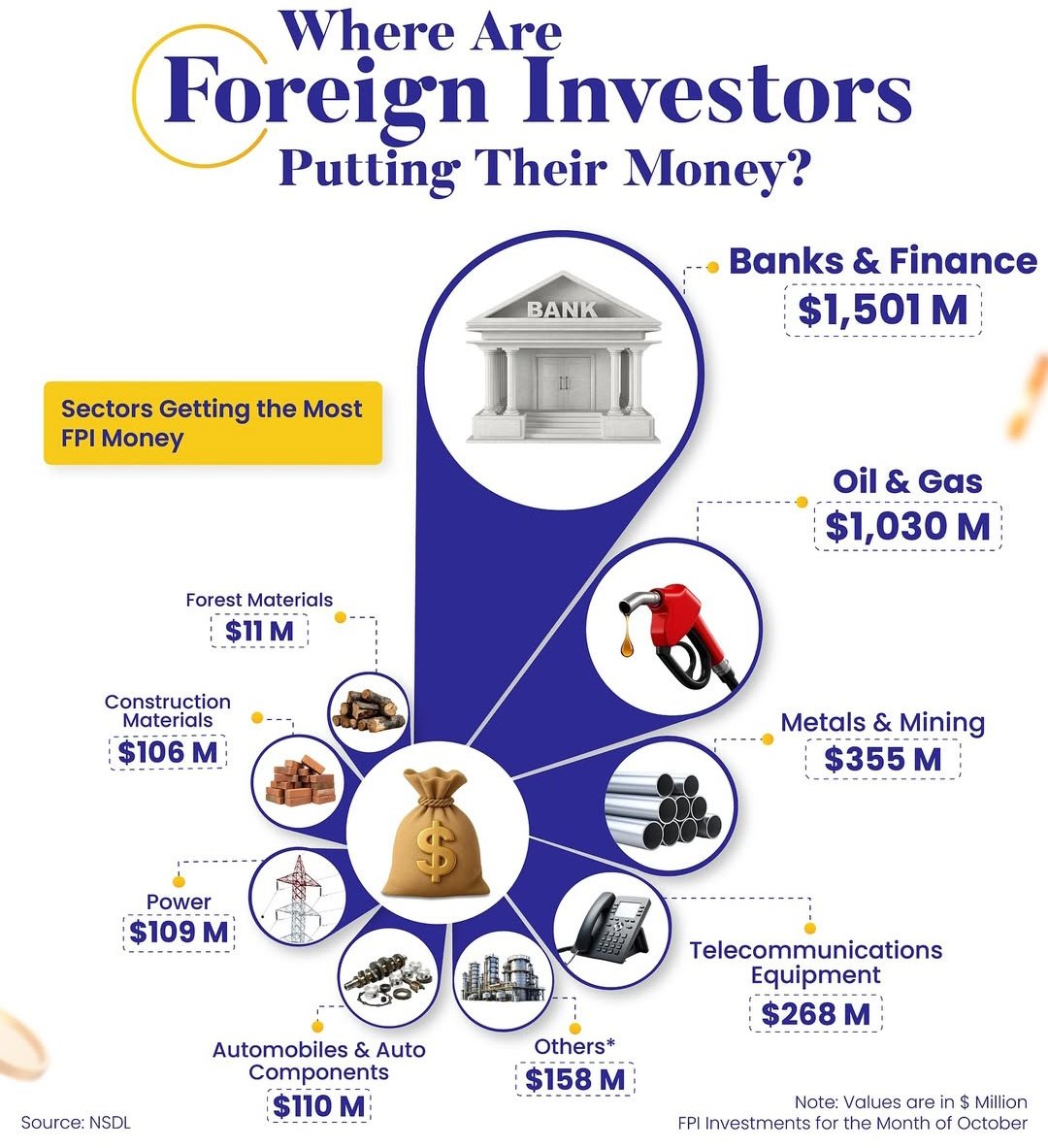Back
Saksham
•

Bebyond • 1y
Understanding the Lock-in Period The lock-in period is a key feature in investment agreements, especially in private equity and venture capital deals. It’s a designated timeframe during which shareholders, typically founders or early investors, are restricted from selling or transferring their shares. Why does it matter? The lock-in period provides stability. It ensures that key stakeholders maintain skin in the game, aligning their long-term interests with the company’s growth. For investors, this is critical—it prevents founders from cashing out too early, potentially leaving the business vulnerable. However, it's not just about limitations. Once the lock-in period expires, shareholders gain liquidity and flexibility to exit or reallocate their investments. It’s a balancing act between protecting the company's future and offering eventual freedom for investors. Always review the terms carefully, as lock-in periods can vary significantly based on the deal structure.
Replies (3)
More like this
Recommendations from Medial
Tushar Aher Patil
Trying to do better • 1y
Day 11 About Basic Finance and Accounting Concepts Here's Some New Concepts Equity, in finance, represents the ownership value held by shareholders in a company. It is essentially the difference between a company's total assets and its total liabili
See More
Anirudh Gupta
CA Aspirant|Content ... • 7m
Daily dose of financial ratios by Anirudh Gupta Debt/equity ratio =Total debt/Shareholders equity Purpose: It helps users of financial statements understand how much debt the company is using for every ₹1 of equity invested by shareholders. Cred
See MoreRohan Saha
Founder - Burn Inves... • 1y
Ola Electric investors, how are you all? As soon as the lock-in period ended, the company’s share price dropped. To justify a valuation of ₹39,000 crore, at least ₹3,000 crore in revenue and a profit of ₹50 crore or ₹100 crore will be needed. Then, m
See More
Nikhil Raj Singh
Entrepreneur | Build... • 1y
Key investors shaping the Indian SaaS ecosystem in 2024! 🚀 This visual showcases top investors and the groundbreaking startups they support, highlighting the vibrancy and growth of India's SaaS industry. #IndianSaaS #Startups #Investors #Innovation

Startup Savvy
Entrepreneur is What... • 1y
The Most Important thing in Business is Trust Your Employees, Investors, Shareholders, Supplierers, Customers should have trust on you So you should try very hard to reap your trust in them Because Trust takes years to build and seconds to destroy
Download the medial app to read full posts, comements and news.

















/entrackr/media/post_attachments/wp-content/uploads/2021/08/Accel-1.jpg)


















